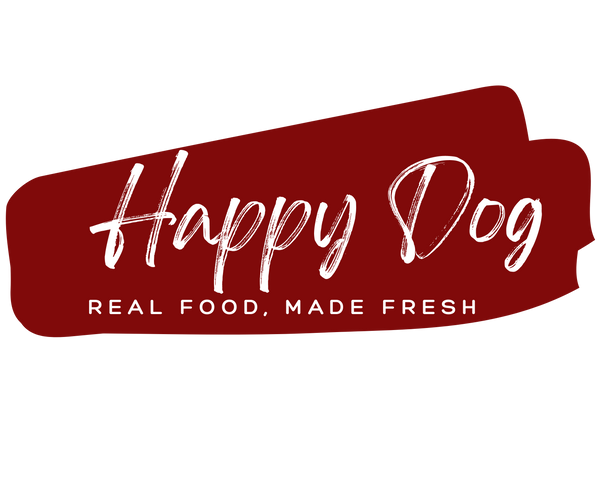
Important Vitamins and Minerals for Your Dog
Your pup needs their greens, too!
Us humans are obsessed with the latest superfoods — but what are the vitamin and mineral equivalents of turmeric for dogs? Because we for sure want to be feeding them to our pups.
“Functional superfoods [have] the most beneficial effects on health,” says Dr. W. Jean Dodds, DVM. “They reduce chronic inflammation and promote healing; are powerfully antioxidant, antimicrobial and anti-tumor; and are even believed to delay aging.” Serving your dog the vitamins and minerals in these essential canine functional superfoods will help your dog fight disease, boost energy and maintain good health and weight in general.
So, what vitamins do dogs need everyday and what foods do they come from? For some pet parents, feeding dogs commercial food makes the most sense; it is not only convenient, but — if they select high-quality food made by companies with proven records of ingredient integrity — it provides their dogs with a generally wholesome diet. However, there are a lot of factors in commercial pet food to consider, and it might not provide your dog vitamins and minerals for a “complete and balanced” diet.
To ensure that your pup is getting the vitamins and minerals they need, you can add them to your dog’s diet with superfoods like these:
Vitamin A
Carrots, spinach, liver, pumpkin, sweet potatoes, fish oil, eggs, turnip greens
Vitamin D
Marine fish oil, fatty fish, egg yolks, dairy products, liver, beef, cottage cheese
Vitamin E
Plant oils, leafy green vegetables, seeds, wheat germ, bran, whole grains, liver
Vitamin K
Liver, leafy green vegetables, milk, cabbage, fish
Vitamin C
Fruits, vegetables, organ meats
Vitamin B
Whole grains, nutritional or brewers yeast, liver, beans, green vegetables, spirulina, nuts, dairy products
Macrominerals
Calcium
Milk, yogurt, tofu, sardines with bones, raw bones, bok choy, green beans, broccoli, cauliflower
Phosphorous
All animal tissues, eggs, fish, milk
Magnesium
Spinach, broccoli, green beans, tofu, tomato juice, beans, whole grains, seafood
Potassium, Sodium and Chloride
Fruits, vegetables, milk, grain
Microminerals
Zinc
Spinach, broccoli, yogurt, beef, poultry, whole grains, vegetables
Sulfur
All protein foods (meats, fish, poultry, eggs, legumes and milk)
Iron
Red meats, fish, poultry, shellfish, eggs, legumes
Iodine
Iodized salt, seafood, dairy products, kelp
Selenium
Seafood, meat, whole grains, brown rice, vegetables
Cooper
Seafood, nuts, whole grains, seeds, legumes
Manganese
Nuts, whole grains, leafy vegetables
Chromium
Lean meat, vegetable oils, brewers yeast
Cobalt
Liver, kidney, fruit, vegetables
Fluorine
Available in water
Molybdenum
Legumes, cereals, organ meats
Silicon
Cereals, vegetables, beans and peas
